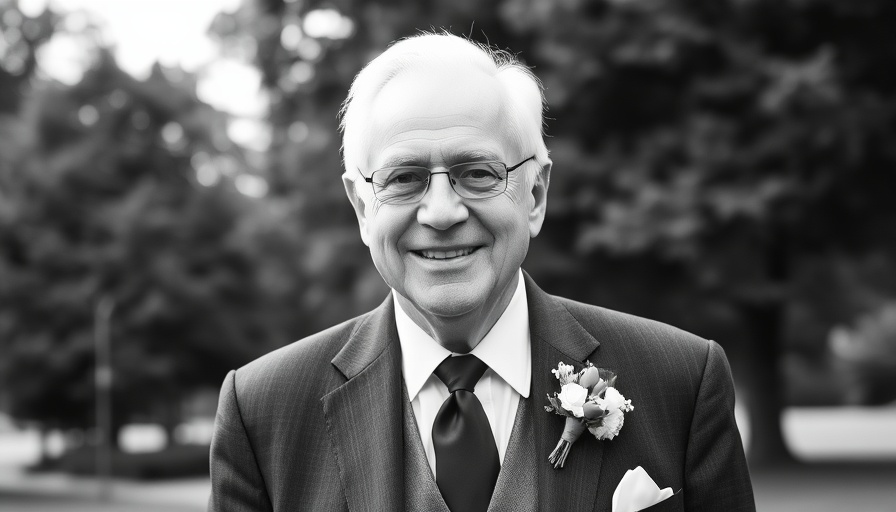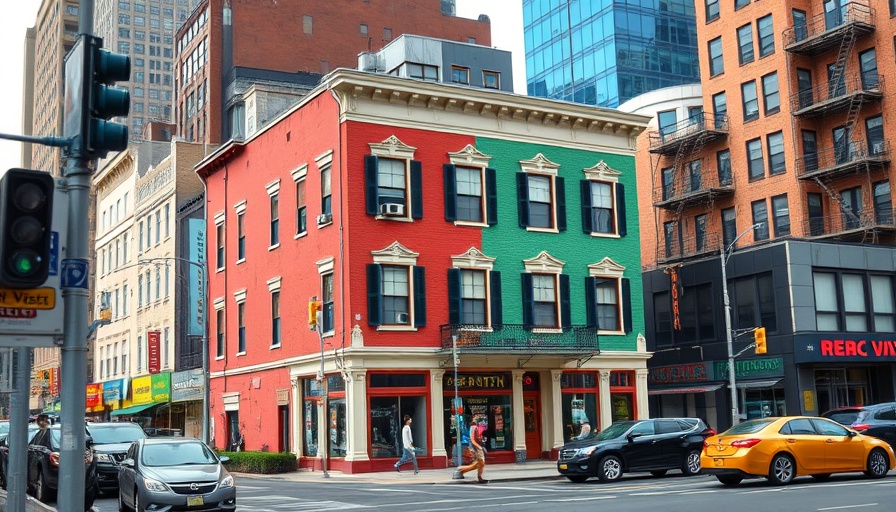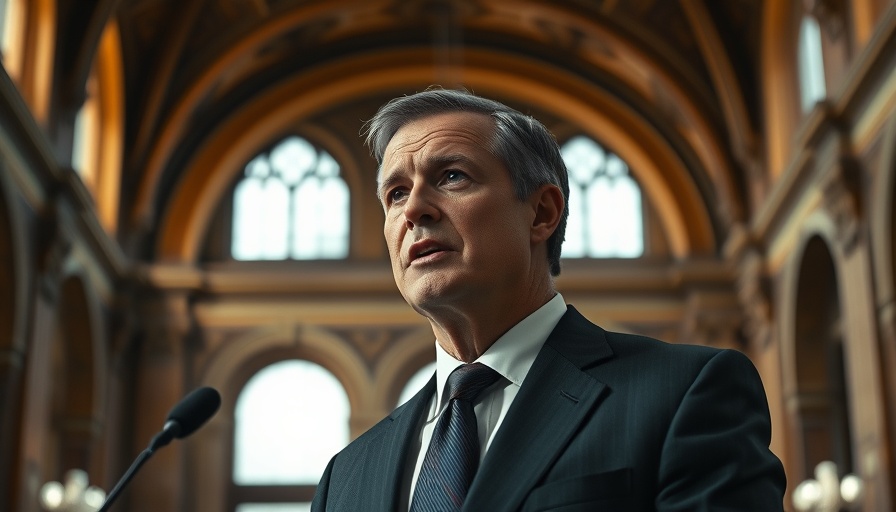
Charles Fitzgerald: An Accidental Pioneer of St. Mark’s Place
Charles Fitzgerald's journey to becoming one of the most influential figures on St. Mark’s Place began unexpectedly in 1959. Arriving from a failed rental situation in the West Village, Fitzgerald found himself in a dilapidated neighborhood that few would recognize today. With rent at just $5 a month, he moved into space filled with characters and untapped potential, despite the unfortunate rat incident that led to his roommate’s hasty departure.
Transforming an Abandoned Corridor into a Vibrant Hub
Largely a stretch with boarded storefronts, St. Mark’s Place needed vision and creativity—qualities Fitzgerald brought in spades. As a college graduate with a teaching background, he rapidly transitioned from educator to entrepreneur, opening his first store, Bowl & Board, in 1961. This initiative would spark a chain reaction: over the next fifteen years, Fitzgerald established seven businesses, each contributing to the revitalization of the block.
More than Just a Landlord: Cultivating Community
Fitzgerald's legacy goes beyond running shops; it’s in his spirit of community. While he could have easily leased to larger chains, he opted for local businesses with inventive concepts, proving his belief that neighborhoods flourished through creativity and individuality. During challenging times, such as the COVID-19 pandemic, his willingness to suspend rents for struggling tenants showcased his deep commitment to the community.
The Role of Nature in Urban Spaces
Fitzgerald’s influence is also felt in the environmental rejuvenation of St. Mark’s Place. In 1974, he planted the first tree outside his store, and through various fundraisers, he nurtured an urban canopy that has transformed the corridor. His commitment to both business and nature emphasizes the interconnectedness of community dynamics.
Even Greater Aspirations Beyond the City
Fitzgerald’s entrepreneurial spirit has not only shaped St. Mark’s Place but has also led him to develop a remarkable nature preserve in Maine, an admirable endeavor that reflects his long-term vision for environmental conservation. Today, this preserve spans 15,000 acres, underscoring his dedication to not just urban life, but also the wilds beyond.
A Lasting Impact on St. Mark’s Place
As Fitzgerald’s journey moves forward—including his recent retirement from the commercial stage—his contributions leave a lasting mark. Businesses like Village Works bookstore are a testament to his nurturing approach, continuing the vibrant pulse of St. Mark’s Place. His legacy is a reminder that community spirit and creativity can shape our environments in ways we might never imagine.
 Add Row
Add Row  Add Element
Add Element 



 Add Row
Add Row  Add
Add 
Write A Comment